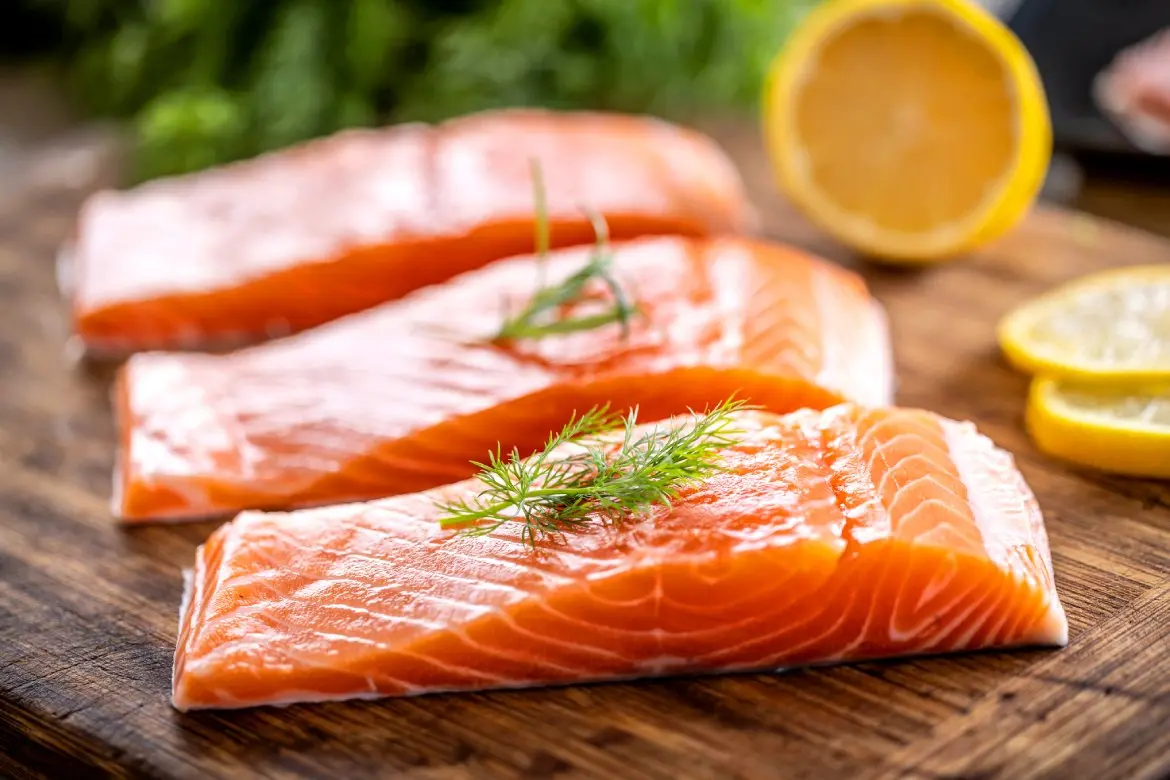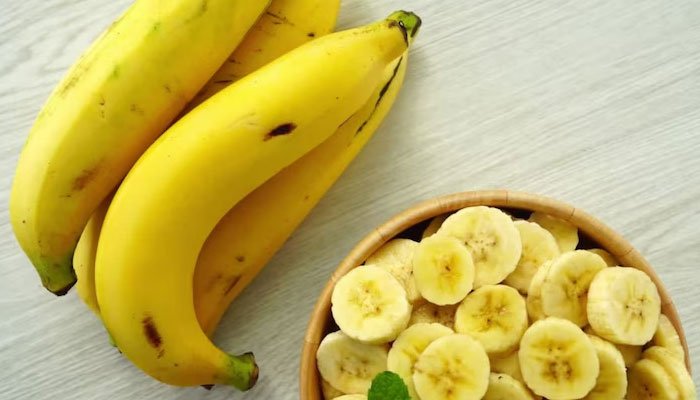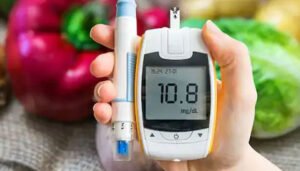11 Best Vitamin B12 Foods to Boost Energy and Support Brain Health. Vitamin B12 is essential for maintaining a healthy body, and no truly balanced diet is complete without it. According to Samantha Deras, RN, DCN, and director of ambulatory nutrition services at Mount Sinai Hospital, this water-soluble vitamin supports crucial functions like nerve health, red blood cell production, metabolism, and the creation of DNA.
The good news is that adding vitamin B12 to your daily meals is quite simple. Whether you follow a strict plant-based lifestyle or include dairy and animal products in your diet, there are plenty of B12-rich options available across different food categories. Many of these foods also offer other important nutrients, such as iron, protein, and omega-3 fatty acids. If you’re looking to boost your intake or just want to check if you’re already meeting your needs, these B12-rich foods are a great place to start.
Eggs

Another great source of protein and B12, Maniker says eggs are one of the easiest foods to add to any meal. The NIH says one large egg contains 0.5 mcg of the nutrient.
Dairy Milk
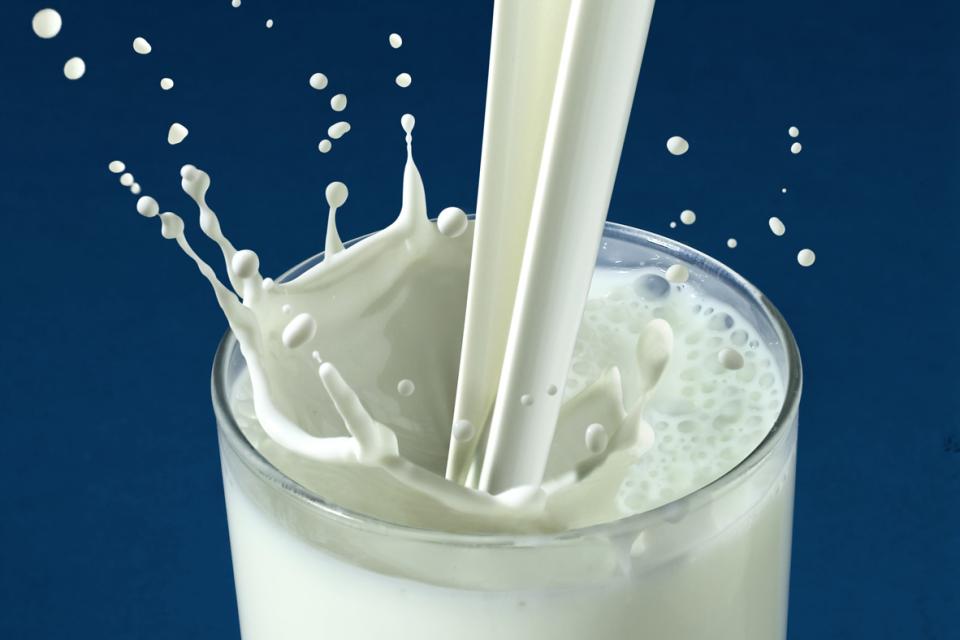
Whole milk (please don’t drink raw milk), is a nutritional powerhouse. It’s known as an excellent source of calcium for building and maintaining strong bones and teeth. But it also provides protein, vitamin D, and B12 to hydrate, repair muscles, and boost our energy and metabolism. The NIH says one cup of 2% milk contains 1.3 mcg of vitamin B12.
Yogurt
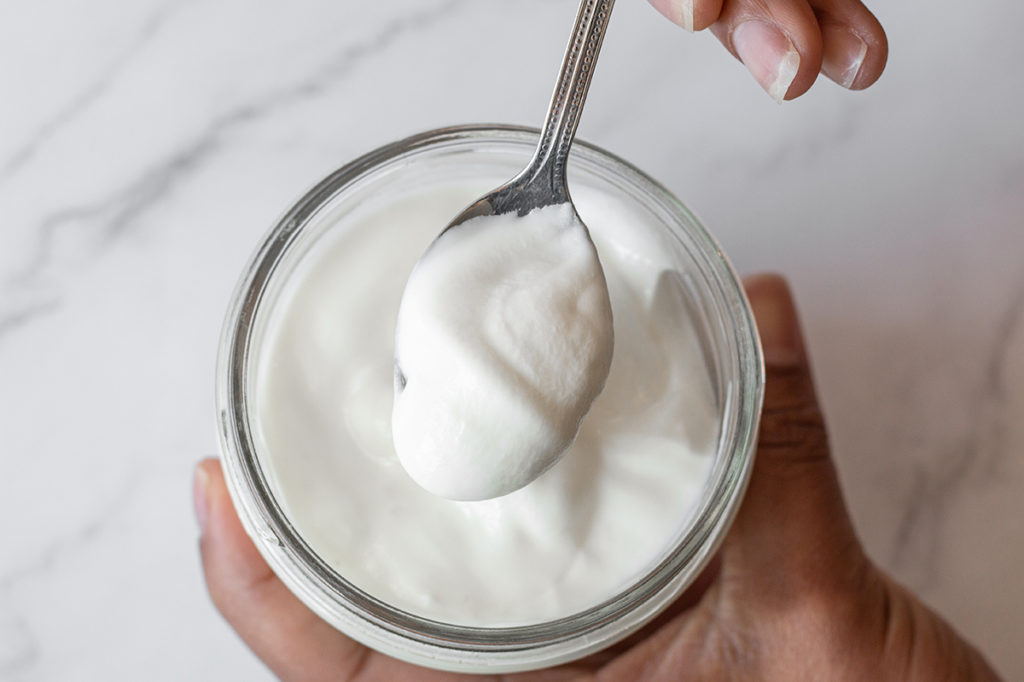
Another dairy product you can turn to for vitamin B12 is yogurt. The NIH says that a 6 oz. serving of plain, fat-free yogurt contains 1 mcg of the nutrient.
Beef, Chicken, and Other Animal Liver
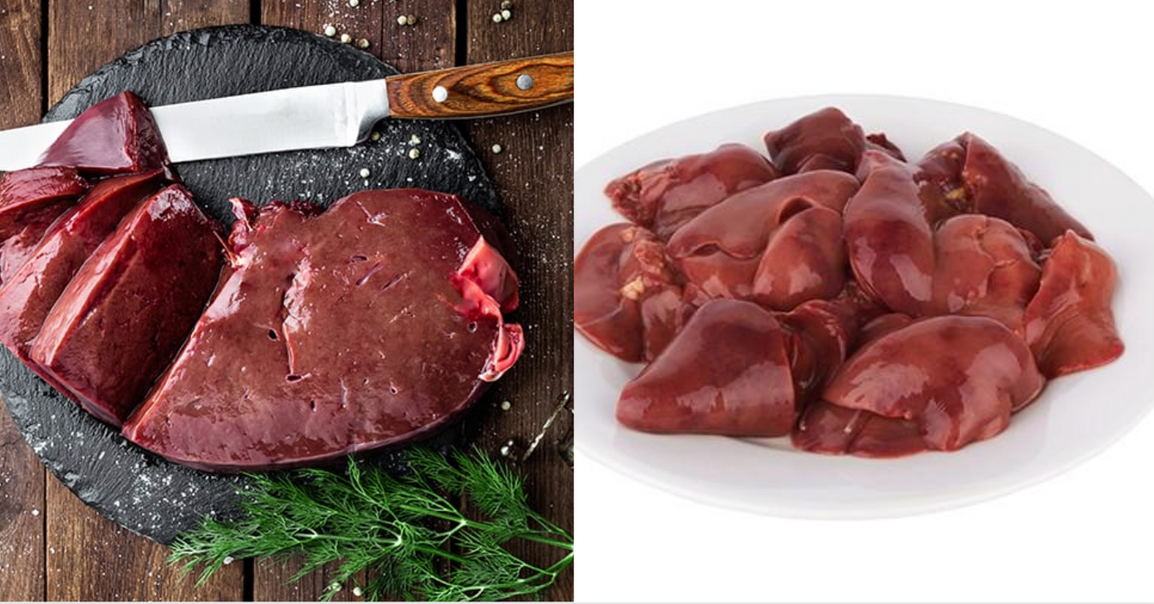
Monicker calls liver a nutritional powerhouse because it’s packed with B12, iron, and vitamin A. According to the NIH, a single serving of beef or chicken liver contains 70.7 micrograms (mcg) of vitamin B12, which is about 3,000% of the daily value.
Salmon Fish!
Salmon is a favorite among experts and our favorite celebrities. Not only is it high in vitamin B12, with 2.6 mcg of the nutrient, says Monicker, it’s also a great source of omega-3 fatty acids. This combo is especially helpful for brain function and heart health.
Trout Fish!

Monicker lists trout as another source of fish that’s rich in B12 and omega-3s. According to the U.S. Department of Agriculture (USDA), one filet of trout contains 4.6 mcg of the nutrient.
Tuna Fish
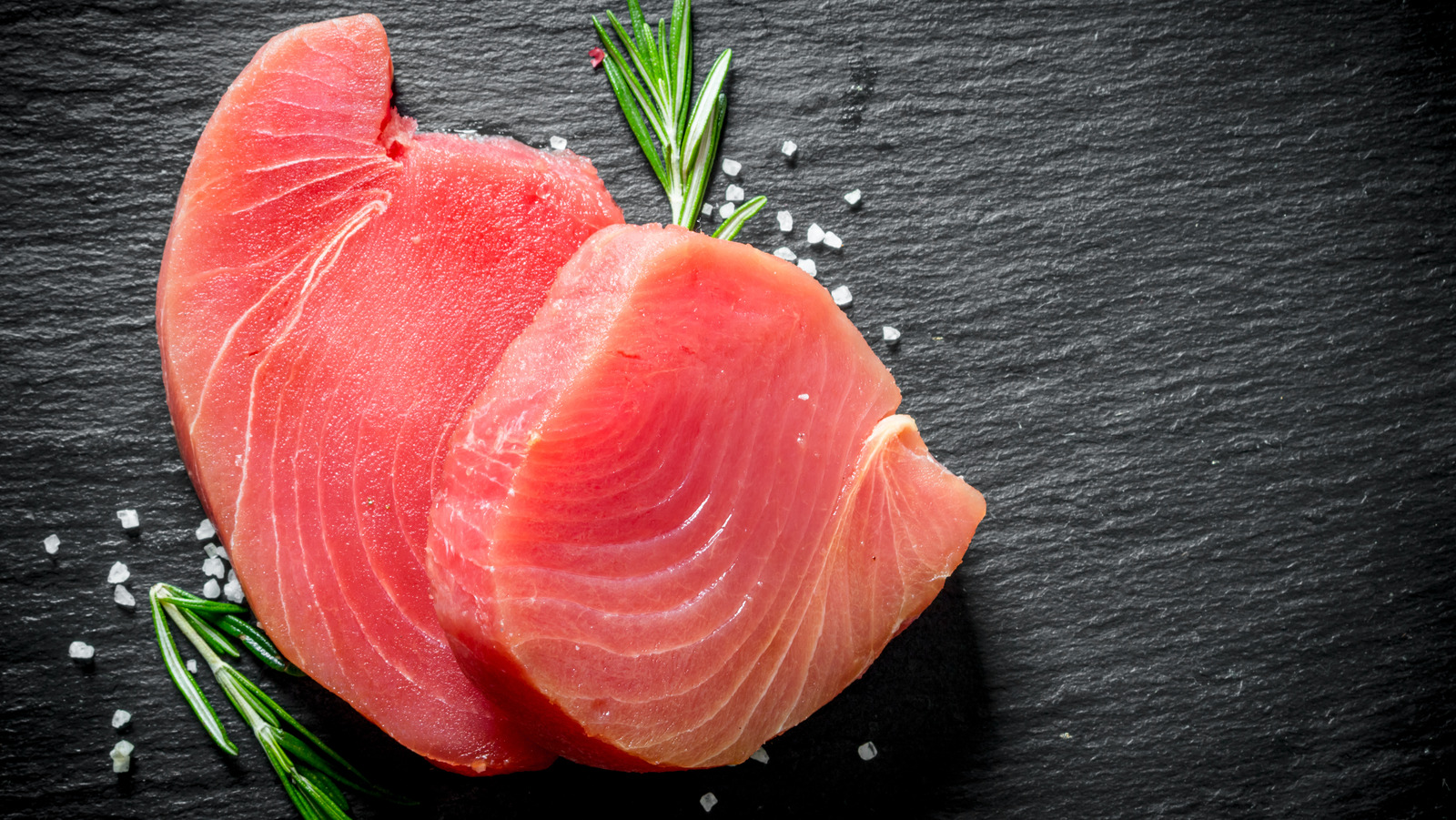
Tuna Fish is known as a great source of protein, but Maniker says you can also look to fish for your B12 needs. The NIH says 3 ounces of tuna contain 2.5 mcg of the nutrient.
Sardines Fish
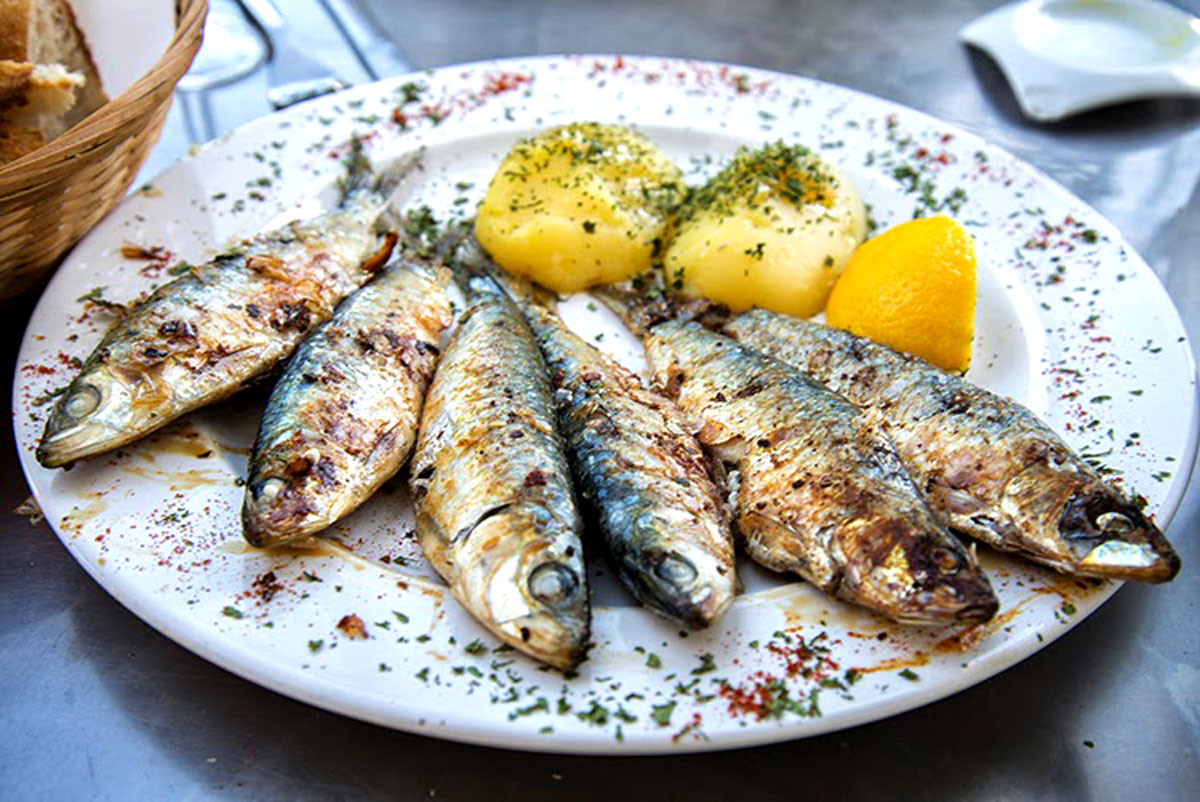
Canned fish is having a moment, and sardines in particular make a great source of vitamin B12. “Small but mighty, they’re packed with B12, calcium and omega-3s,” says Maniker. According to the USDA, a can of sardines contains 8.22 mcg of the nutrient.
Lean Beef
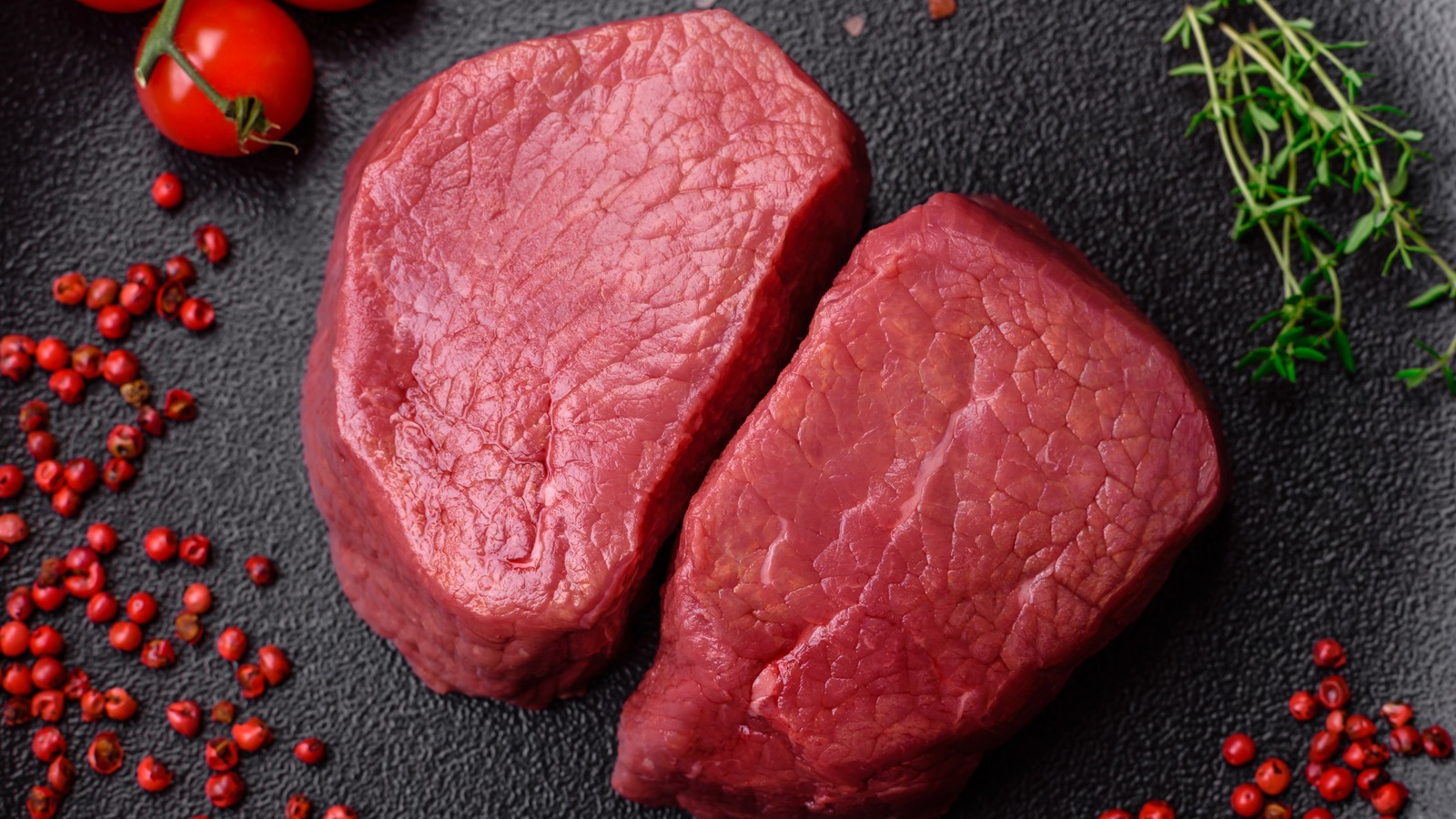
Lean beef provides you with a number of different nutrients, such as protein and iron. Maniker also calls it a good source of vitamin B12, which helps give you energy and boosts the health of your red blood cells. The NIH says that a 3 oz. serving of lean beef contains 2.4 mcg of the nutrient.
Nutritional Yeast
:max_bytes(150000):strip_icc()/Guide-to-Nutritional-Yeast-the-Umami-Packed-Vegan-Ingredient-FT-BLOG0324-8ab1bcd4e70843a3af22dc33cc6c94eb.jpg)
Known for its cheese-like flavor, nutritional yeast is a vegetarian seasoning that’s packed with nutrients. According to the NIH, it’s especially rich in vitamin B12. A quarter cup can contain anywhere from 8.3 to 24 mcg of the nutrient.
What does vitamin B12 do for the body?
As mentioned earlier, vitamin B12 has many benefits. Maniker says it primarily helps convert your food into energy for your body. But it also supports your nervous system, producing red blood cells and DNA while also reducing your risk of heart disease. And if you’re feeling the need for an emotional boost, she says the nutrient may play a role in regulating your emotions and producing serotonin.
How much vitamin B12 should I take daily?
The recommended amount of vitamin B12 to aim for can range from 2.4 to 2.8 mcg per day, says Deras. For those who are pregnant, Maniker says it’s best to stick to 2.6 mcg per day, while those who are breastfeeding can increase it slightly to 2.8 mcg.
Should I take vitamin B12 supplements?
Both Dieras and Manaker say that vitamin B12 is generally safe and has minimal side effects. “B12 supplements are generally safe because your body flushes out what it doesn’t need,” says Manaker. In high doses, it can cause headaches or nausea. Dieras says it can also interact with certain medications, such as stomach acid inhibitors and metformin. As with any new supplement you’re interested in taking, it’s always best to check with your doctor to make sure it’s right for you.

